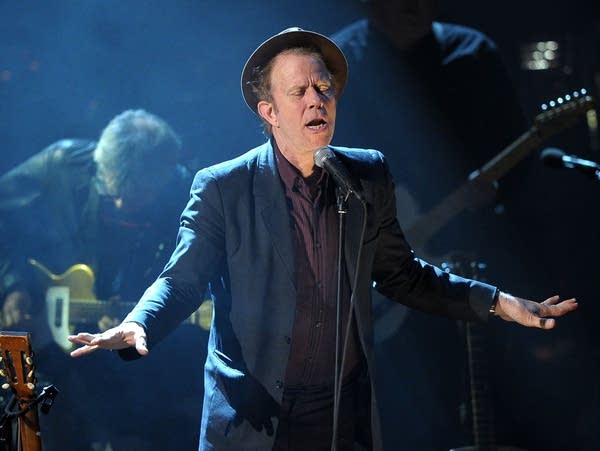There’s something deeply stirring about hearing the gravelly lament of Tom Waits breathe life into “Tom Traubert’s Blues” once more—and in 2025, he did just that. This time, it wasn’t in a smoky bar or a concert hall, but on an Italian television documentary titled Ultima Fermata (“The Last Ride”)—a poignant choice, given the song’s themes of displacement and melancholy.
Originally released in 1976 on the album Small Change, “Tom Traubert’s Blues (Four Sheets to the Wind in Copenhagen)” is one of Waits’ most emblematic songs. Its chorus, lifted from the haunting refrain of the Australian folk ballad Waltzing Matilda, serves as a metaphor for wandering and isolation—”waltzing matilda” meaning traveling alone, yes, but also “on the bum.” It’s lyrical imagery forged from Waits’ real-life experiences on the road: a man in a strange land, hungry, broke, and drunk.
Waits’ decision to perform this song in the documentary was no accident. Ultima Fermata, the final installment of the Il Fattore Umano series, explores the human cost of poverty and homelessness across the American South, from Tennessee and Alabama to Mississippi and Louisiana. Waits’ delivery—piano and guitar in hand—infused the film’s emotional narrative with an authenticity few artists could match.
After years of relative public silence—ever since his 2011 album Bad As Me—this performance was both surprising and welcome. Waits also recited poetry from his collection Seeds on Hard Ground, further threading together visuals of America’s neglected souls with the deeply personal storytelling that defines his music.
In 2025, as the world continues to reckoning with social inequities, Waits reminds us of the power of songs to act as both witness and mirror. Performing “Tom Traubert’s Blues” wasn’t just a musical appearance—it was an act of empathy, of shining a lantern on the unseen. And in his rousing, raspy voice, he didn’t just perform a song—he beckoned us to listen, to feel, and ultimately, to care.

